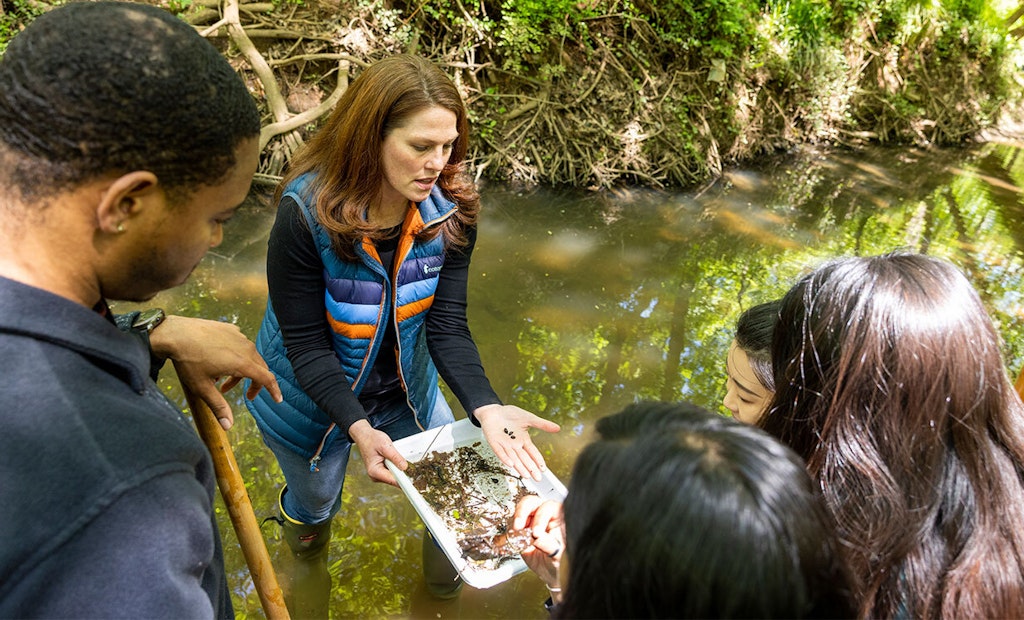A recent study out of the University of Georgia shows that younger septic systems — those between two and 10 years old — often exhibited hydraulic issues similar to much older systems, a problem that can lead to impaired water quality in the surrounding environment.
Owners,...






